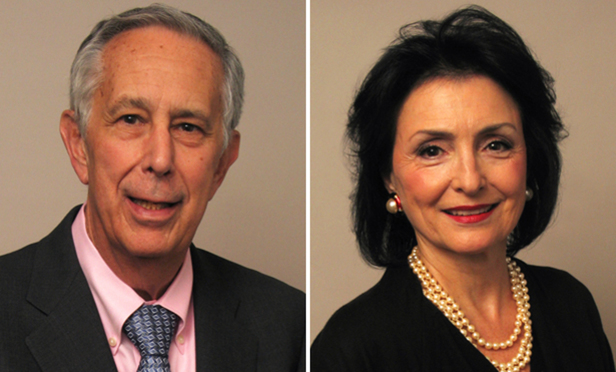A recurring problem for boards and managers of cooperative housing corporations and condominium associations, as well as their counsel, is collecting delinquent maintenance or common charge payments. However, given the heightened regulation of debt collection practices in recent years, doing so may present challenges.
In New York City, delinquency collection activities are subject to three levels of regulation: federal statutes, state regulations and the New York City Administrative Code. In 1977, Congress enacted the Fair Debt Collection Practices Act (FDCPA)1 in order to protect consumers from abusive tactics and practices that were then rife within the debt collection industry. Subsequently, the New York State Department of Financial Services adopted a number of requirements affecting debt collection, primarily focused on the activities of third-party debt collectors and debt buyers.2 At the city level, the Administrative Code imposes licensing requirements and establishes required practices for debt collectors.3
This content has been archived. It is available through our partners, LexisNexis® and Bloomberg Law.
To view this content, please continue to their sites.
Not a Lexis Subscriber?
Subscribe Now
Not a Bloomberg Law Subscriber?
Subscribe Now
LexisNexis® and Bloomberg Law are third party online distributors of the broad collection of current and archived versions of ALM's legal news publications. LexisNexis® and Bloomberg Law customers are able to access and use ALM's content, including content from the National Law Journal, The American Lawyer, Legaltech News, The New York Law Journal, and Corporate Counsel, as well as other sources of legal information.
For questions call 1-877-256-2472 or contact us at [email protected]



